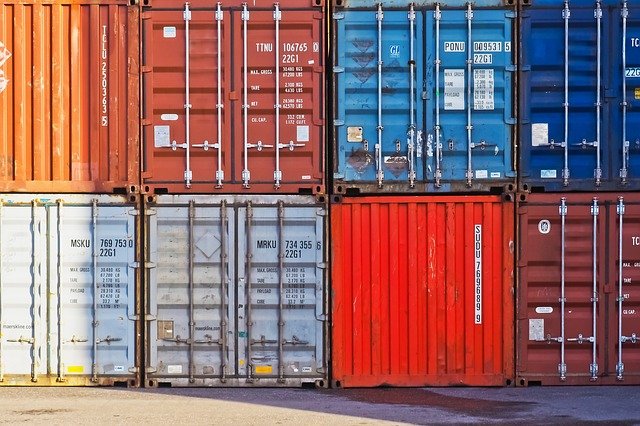
-
Under the draft order, all off-dock/off-terminal customs facilities and warehouses (CFW) must implement an automated inventory management system to be provided by an accredited service provider
-
An automated inventory system will allow BOC to strictly monitor and generate real-time and accurate information on the status of goods received by, stored in and withdrawn from CFWs
-
The draft order is up for virtual public consultation on April 23
A draft customs memorandum order (CMO) requiring mandatory use of an automated inventory management system (IMS) by off-dock and off-terminal customs facilities and warehouses (CFW) will undergo virtual public consultation on April 23.
The proposed order covers goods entered and stored in off-dock and off-terminal accredited CFWs and withdrawn from there for consumption, warehousing, transit, transshipment or export.
An automated inventory system enables the Bureau of Customs (BOC) to strictly monitor and generate real time and accurate information on the status of goods received by, stored in and withdrawn from off-dock and off-terminal accredited CFWs. This ensures correct payment of duties, taxes and other charges due on loose cargoes.
Released by BOC, the order, once approved, will implement Customs Administrative Order (CAO) No. 09-2019, which provides guidelines for the establishment, maintenance and operations of CFWs. It will also execute CAO 14-2020, which covers accreditation and regulation of value-added service providers (VASP).
READ: BOC sets rules for operation of customs facilities
Under the draft CMO, all off-dock/off-terminal CFWs licensed to operate by BOC must implement an automated IMS to be provided by an accredited service provider.
Facilities for the temporary storage of goods, CFWs are established and authorized by BOC pursuant to Title VIII (Tax and Duty Deferment, Preference and Exemption), Chapter 2 (Customs Warehouses) of the Customs Modernization and Tariff Act.
These facilities include container yards (CY), container freight stations (CFS), seaport temporary storage warehouses, airport temporary storage warehouses, and other premises for customs purposes. Other types of CFWs are terminal facilities, off-dock CFWs, off-terminal CFWs, and inland container depots.
CFWs also extend to examination areas, cold storages, wharves, infrastructure and other premises where goods subject to customs clearance may be stored, examined, or disposed of. This is intended to protect government revenues, prevent the entry of contraband, and curtail customs fraud.
The deputy commissioner for BOC’s Assessment and Operations Coordinating Group (AOCG) will oversee implementation of the IMS, while actual operations of the system will be supervised by the deputy collector for operations of the port.
Wharfingers assigned at CFWs and other authorized customs personnel will have access to the IMS to monitor the actual status of transfer of containers from port of discharge to the off-dock/off-terminal CFW, as well as the status of the cargo from receipt, storage and release of goods from there.
The transfer of containers from the port of discharge to an off-dock/off-terminal CFW must be covered with BOC’s Electronic-to-Mobile System’s Transit Permit Single Administrative Document (P-SAD) together with other documentary requirements. The P-SAD will replace the current manual hard copy Permit to Transfer to Outside CY-CFS.
Each container must also be enrolled in BOC’s Electronic Tracking of Containerized Cargo (E-TRACC) System before full completion of customs cargo clearance.
Containers transferred from the port of discharge to an off-dock/off-terminal CFW without being secured with an E-TRACC seal will not be allowed to be opened by any customs officer without the approval of the district collector of the port of discharge. BOC may also impose any penalty or sanctions that apply under the circumstances.
The IMS service provider will collect a fee for the use of the web and device applications, cloud database, and support services. The proposed fee structure is as follows:
- P200, excluding value-added tax, for every released house bill of lading
- P125,000, excluding VAT – one-time setup fee for each CFW location for the application configuration, database and reports setup, project management, training sessions, one mobile device, and one Bluetooth printer
The IMS Accreditation Committee will review the fee structure each year and may recommend changes to the Customs commissioner.
Any CFW that obstructs or violates any provisions of the proposed order will be imposed penalties under CAO 09-2019. – Roumina Pablo




